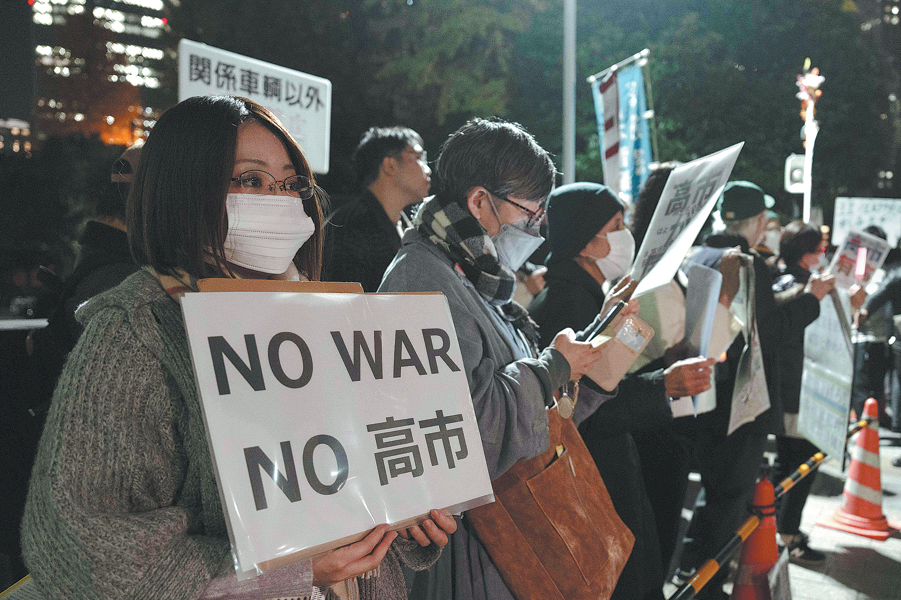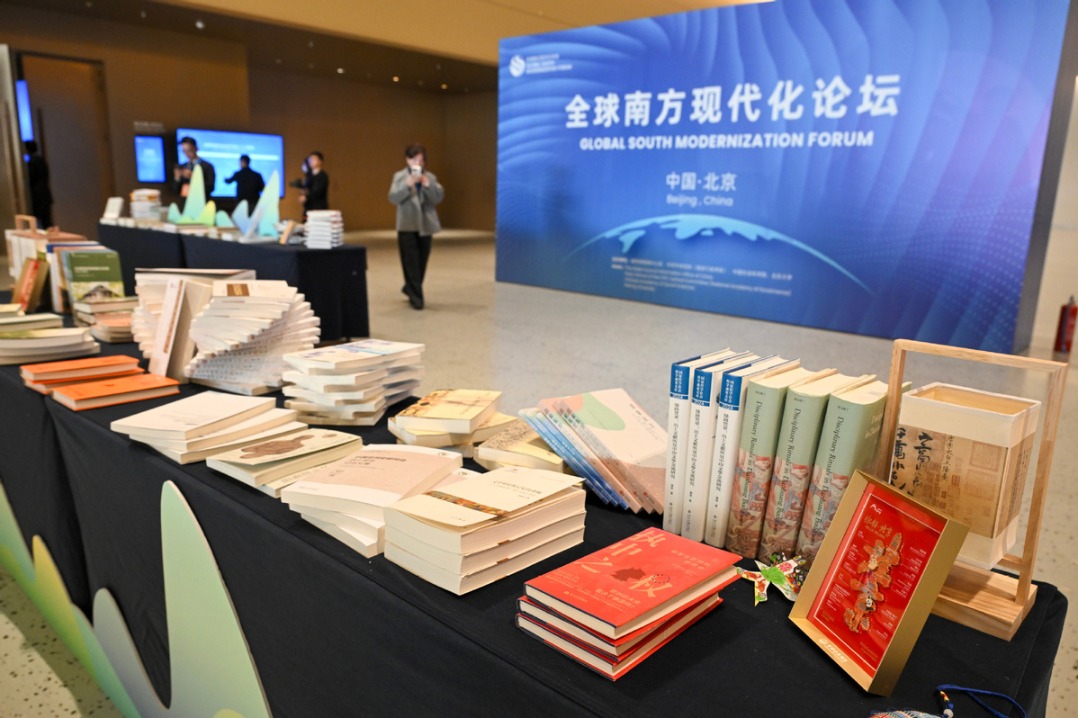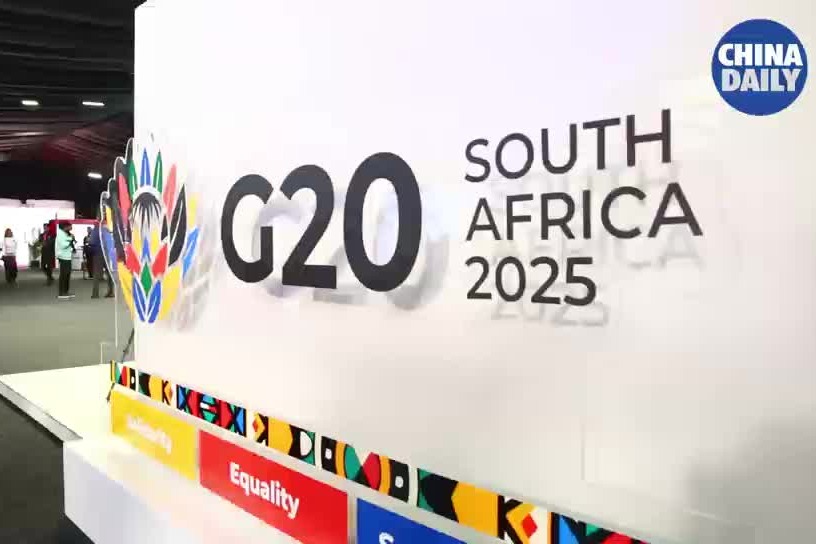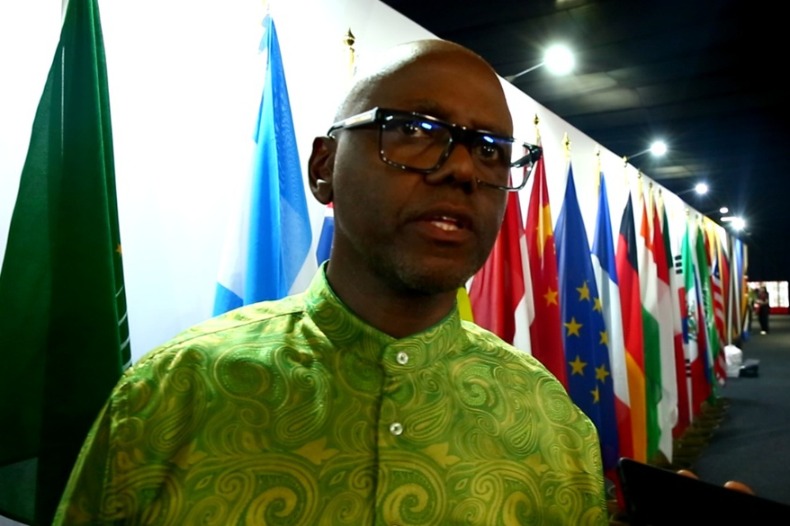US trade bullying harms the world

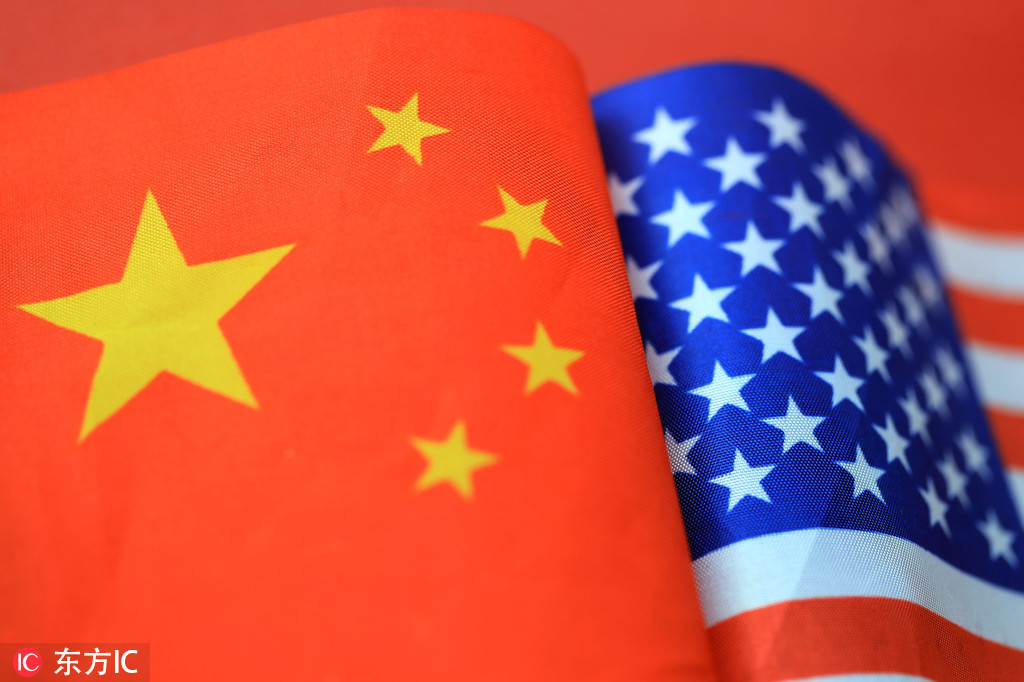
The United States has launched a trade war against China, who has no other choice but to take necessary countermeasures. The world is watching with great concern, and people have every reason to worry. In the global village where we live, all countries are interdependent. At stake is the global economy and everyone in it. There will be no winners in a trade war, and no one could remain unaffected. In fact, China is not the only target. Since 2017, the United States has threatened additional tariffs and other measures against its major trading partners.
Claiming "America First", the United States has adopted a series of unilateral and protectionist measures, wielding a "big stick" of tariffs to force its own will onto others. This is sheer trade bullying and does harm the world.
It undermines the authority of the multilateral trading system. The WTO-centered and rules-based multilateral trading system is the cornerstone of economic globalization and free trade.
The United States, by launching unilateral investigations according to its domestic law and imposing additional tariffs on Chinese products, has violated WTO rules, such as most-favored-nation treatment and tariff binding. This hurts the interests of China and other members, weakens the authority of the WTO and its dispute settlement mechanism, and jeopardizes the multilateral trading system and the international trade order.
It poses a serious threat to global growth. The global economy is yet to fully recover from the devastating financial crisis in 2008. However, some people may have already forgotten the pain. Higher tariffs have caused disorder of international trade, impeding global recovery and hurting businesses and well-being of the people. As a result, the global economy is facing rising risk of recession.
In its Global Economic Prospects released in January 2019, the World Bank revised its forecast of global growth further down to 2.9 percent, citing continuous trade frictions as a major downward risk.
The IMF, in its World Economic Outlook report published in April, marked down its projection of world economic growth for 2019 to 3.3 percent from the 2018 estimate of 3.6 percent, suggesting that economic and trade friction could further depress global economy and weaken already anemic investment.
It disrupts global industrial and supply chains. Both China and the United States are key links in global industrial and supply chains. Given the large volume of intermediary goods and components from other countries in Chinese end-products exported to the United States, the US tariff hikes will hurt all multinationals–not least US ones–that work with Chinese companies. The tariff measures drive up the costs of supply chains and undermine their stability and security. Some businesses are forced to relocate sources of supply at the expense of optimal global allocation of resources.
What is even more worrying is that the US measures are putting multilateralism under threat.
In fact, slapping tariffs and abusing state power to crush individual companies like Huawei look quite familiar, reminding us of other US moves in recent years: the withdrawal from UNESCO and the UN Human Rights Council, the Paris Agreement on climate change and the Iran nuclear deal known as the JCPOA, and the US cold shoulder towards the 2030 Agenda for Sustainable Development and the Addis Ababa Action Agenda, broad consensus of the international community. Being challenged is the rules-based international order and the authority of the United Nations.
Multilateralism and mutually-beneficial cooperation are in the interests of all countries. Unilateralism and protectionism, on the other hand, go against the trend of history and will lead to nowhere. Facing bullying, countries cannot sit by in silence, after all, anyone could be the next victim.
The US side is entirely responsible for the severe setback in China-US trade talks. The trade war has not made America great again. On the contrary, it has hurt the US economy. China's position is clear: China does not want a trade war, but it is not afraid of one; if the war reaches our doorstep, we will fight to the end.
Concerning differences and friction on the economic and trade front, China is willing to work with the United States to find solutions and reach a win-win agreement.
However, cooperation has to be based on principles, and there are always non-negotiables. The US side should never expect China to concede under its maximum pressure and escalation of friction.
The two countries should follow the principles of mutual respect, equality and mutual benefit and resolve the issues through consultation based on good faith and credibility. I believe this is what the international community wants as this serves the shared interests of all countries.
The author is China's permanent representative to the United Nations.

















